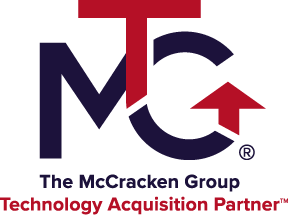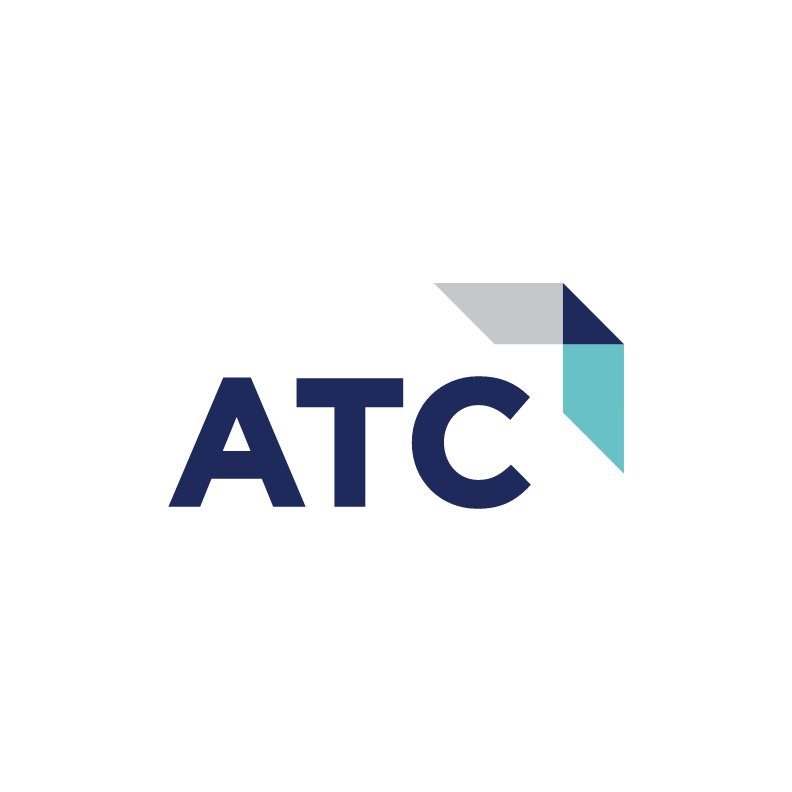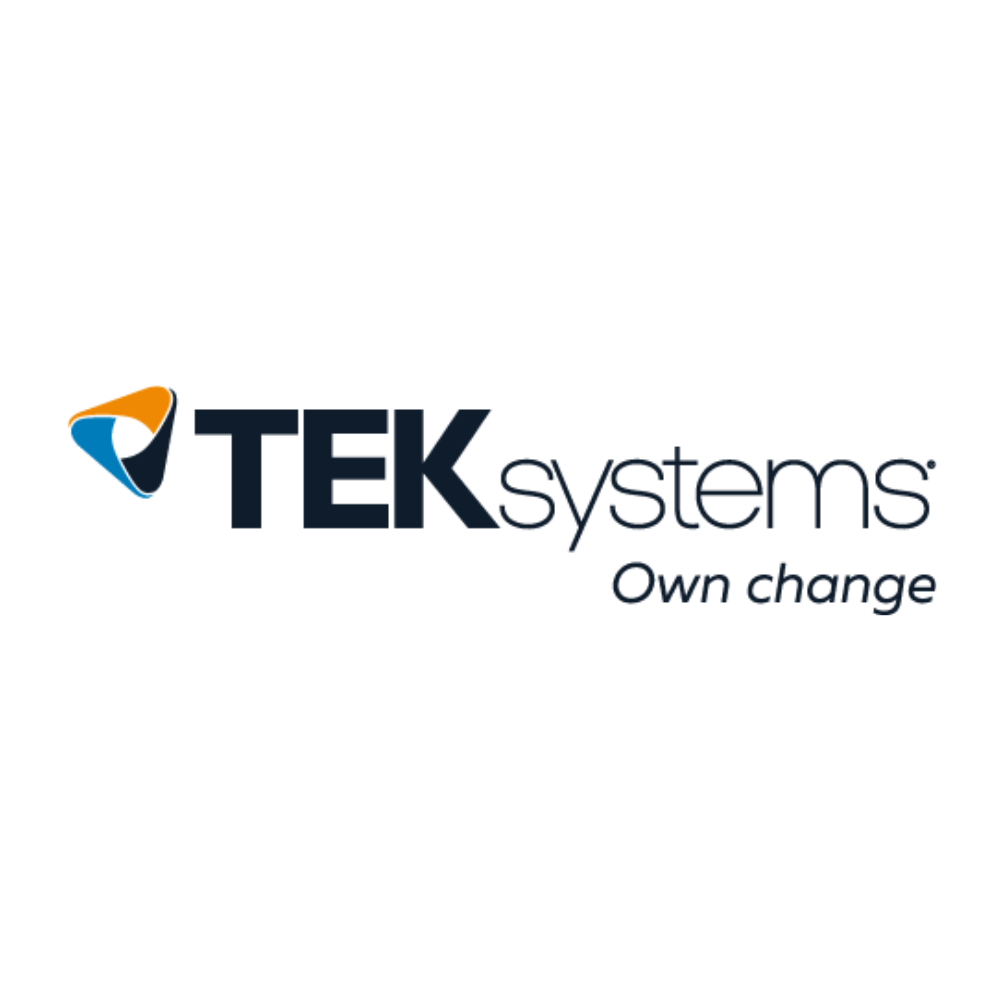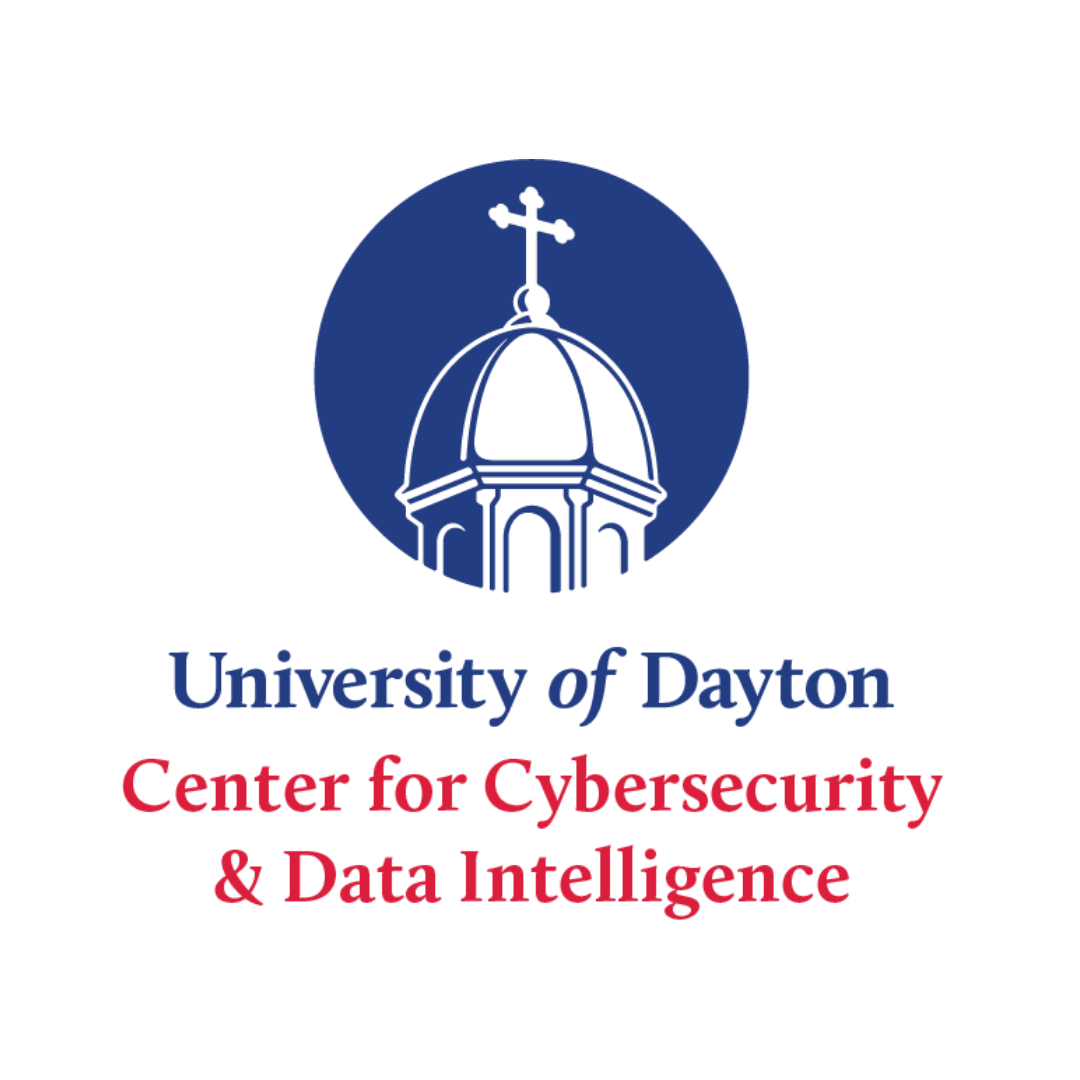
Tech leaders today, knowingly or unknowingly, are facing a critical choice: embrace artificial intelligence now or wait and risk falling behind. A.I. isn’t just a trendy buzzword; it's a transformative technology already reshaping industries. While 2023 is widely recognized as the breakout year for generative A.I. (thanks largely to tools like ChatGPT becoming widely accessible, the launch of Microsoft Copilot, and Google's Gemini/Bard integration into Google Search), major companies have been leveraging A.I. internally for years, refining the very systems and solutions we're seeing unveiled almost daily.
And with that comes exploration. Employees across sectors are independently exploring A.I. solutions, often without structured leadership support. This fragmented approach risks overlooking critical considerations like data hygiene, workflow integration, data privacy, and collaborative strategy development. Meanwhile, companies that have proactively adopted A.I. are already seeing strategic advantages.
Global A.I. spending is expected to exceed $300 billion by 2026, as highlighted bykeynote speaker Mike Menke at Technology First’s AI Day. Rapid advancements from GPT-1 to GPT-4 and upcoming technologies like Gemini Ultra illustrate that the AI landscape is evolving faster than ever. Leaders can no longer afford to observe from the sidelines.
For hesitant leaders, now is the time to start evaluating A.I.'s impact on competition, customer expectations, and internal processes. Conducting detailed assessments can help identify operational disruptions, data gaps, and competitive risks associated with delaying A.I. adoption.
Organizations already adopting A.I. should consider their actions a validation of their strategic foresight, positioning them for sustained relevance and agility. To maintain long-term success, continued refinement, transparent communication, and ongoing stakeholder engagement are crucial, alongside proactive adaptation to rapid technological advancements and associated risks.
For organizations currently adapting to these changes, successful A.I. implementation requires more than technological solutions. Tech modernization efforts demand effective organizational change management strategies. Employees may fear job displacement, making transparency and open dialogue essential. Clear communication about how A.I. will enhance, rather than replace, human work, combined with inclusive training programs, can alleviate concerns and foster a collaborative environment.
Clinging to traditional methods presents a significant risk. Even sectors once seen as insulated, such as retail and manufacturing, must embrace A.I.-driven improvements to stay competitive. Companies like Meta, Apple, Google, OpenAI, and Amazon have integrated A.I. deeply into their operations, setting new standards for industry expectations.
The term "A.I." may soon fade into routine usage, but its transformative impacts will persist. Leaders resisting A.I. adoption risk appearing stagnant, while proactive competitors shape the future of trustworthy A.I. use.
Companies slow to integrate A.I. strategically face long-term disadvantages. Leaders should begin by defining clear objectives, investing in employee education, performing impact assessments, and adopting robust change management strategies.
Practical steps for leaders to adapt to A.I. include:
- Conducting impact assessments to identify A.I. opportunities and risks.
- Forming internal working groups to explore A.I. systematically.
- Implementing targeted employee training for A.I. literacy.
- Encouraging transparent communication to secure employee buy-in.
- Launching pilot projects to test A.I. effectiveness.
- Ensuring data hygiene and adapting management practices accordingly.
- Promoting cross-departmental collaboration for maximum insight.
Ultimately, success in A.I. adoption depends on effective organizational change management:
- Clearly articulate how A.I. aligns with organizational goals.
- Engage senior leaders early as champions of A.I. initiatives.
- Maintain transparent and consistent communication.
- Provide continuous resources and support for employee transitions.
- Regularly monitor progress, measure impact, and adjust strategies as needed.
Leaders who act decisively today position their organizations to thrive in an A.I.-driven future. Regardless of whether your organization immediately adopts A.I. or your business opts to instead create policies to mitigate its usage, it's crucial to thoroughly assess your marketplace to understand how A.I. could impact your business positively or negatively. A.I. is here to stay, and comprehensively evaluating its implications ensures you're not left unprepared in an increasingly competitive landscape.
Hailey M. Clark is the Creative Marketing Specialist at The Greentree Group & Back To Business I.T. With over 20 years of marketing experience, she is passionate about supporting small businesses through digital innovation and strategic marketing initiatives.














.png)


